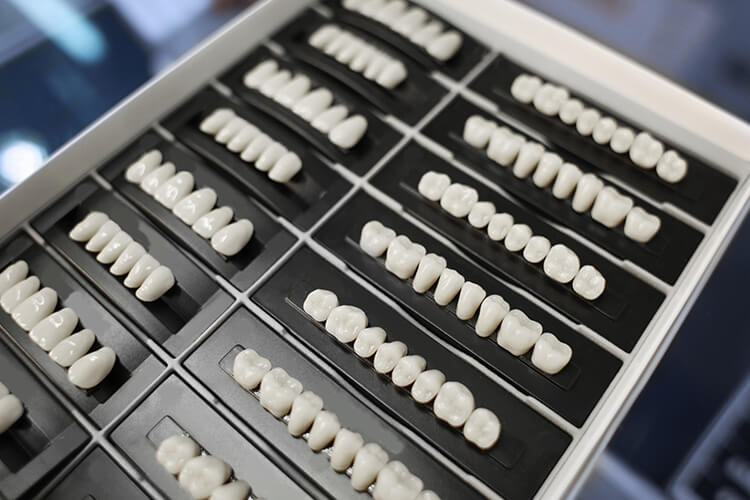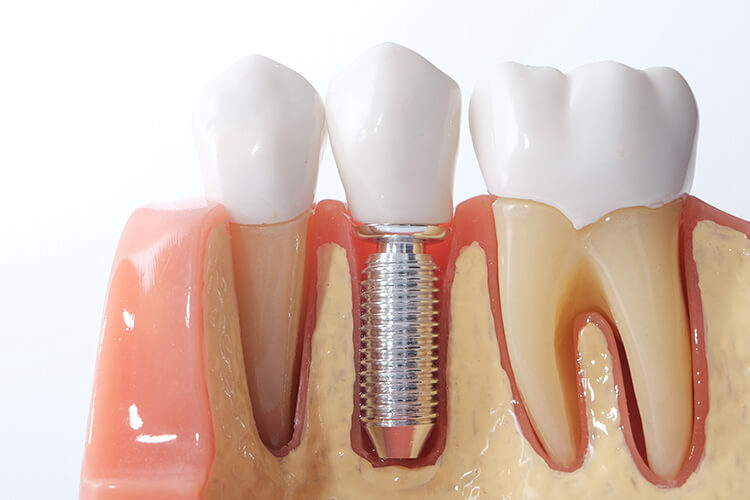Common issues in All-on-4 process
Dr. Yoshiaki Shimoo at Malo Clinic Tokyo is a leading expert in All-on-4 in Japan. He lists the following as rare but possible accidental symptoms associated with All-on-4 procedure are
About Angular cheilitis

I had discussed the issue with Dr. Shimoo a while ago. The issue is not limited to All-on-4 process, and it is may occur with other types of implant or even with ordinary dental work. It is an accidental symptom and it is true that it may occur during treatment. Based on my experience, the symptom goes away from seven to 10 days, and you should not be alarmed by it.
About damaged nerve

Risk of neurosis damage, particularly to inferior alveolar nerve in lower jaw is rare. We mitigate risk of Bell’s palsy by utilizing dental CT. We use NobelClinician, a diagnostic and treatment planning, software that allows to have a complete picture of patient, respecting anatomical consideration, for procedure. It can determine depth and degree of implant for the safe and optimal placement of implant.
About speech impairment

Speech impairment risk should not be a concern as we have great understanding of speech sensory mechanism. We have a lot of experience in dentures, and have helped many patients to cope with the impairment in the past.
About issues related to provisional control

Provisional control issue is vastly technical issues with technician’s skill or errors. Our affiliated company, Trust Medical Ltd, has built over 500 All-in-4 full bridges. Its technicians are experienced and skillful, so the risk of nonconformity or fractured implant is very low.
About implant failure

Implant failure typically is a result from provisional control problem. An implant may seem to be fitted right, but premature loading during parafunction episode may cause micromovement. Consequently, it compromises osteointegration and pressure necrosis causes soft tissue dehiscent over the implant.
Also, bruxism may be a concern. Implant failure can be prevented when one understands the occlusal theory and the physiological mechanism of TCH ("Tooth Contacting Habit"). The logic of bruxism → fracture → desorption.
Also, bruxism may be a concern. Implant failure can be prevented when one understands the occlusal theory and the physiological mechanism of TCH ("Tooth Contacting Habit"). The logic of bruxism → fracture → desorption.
